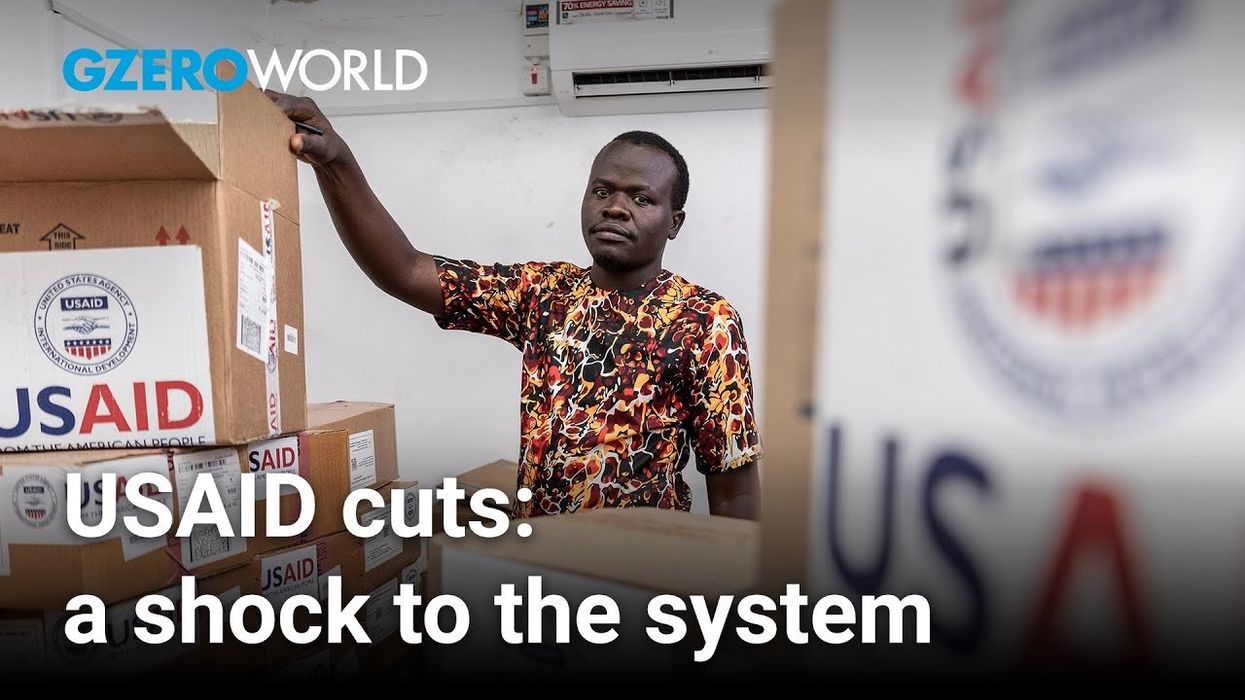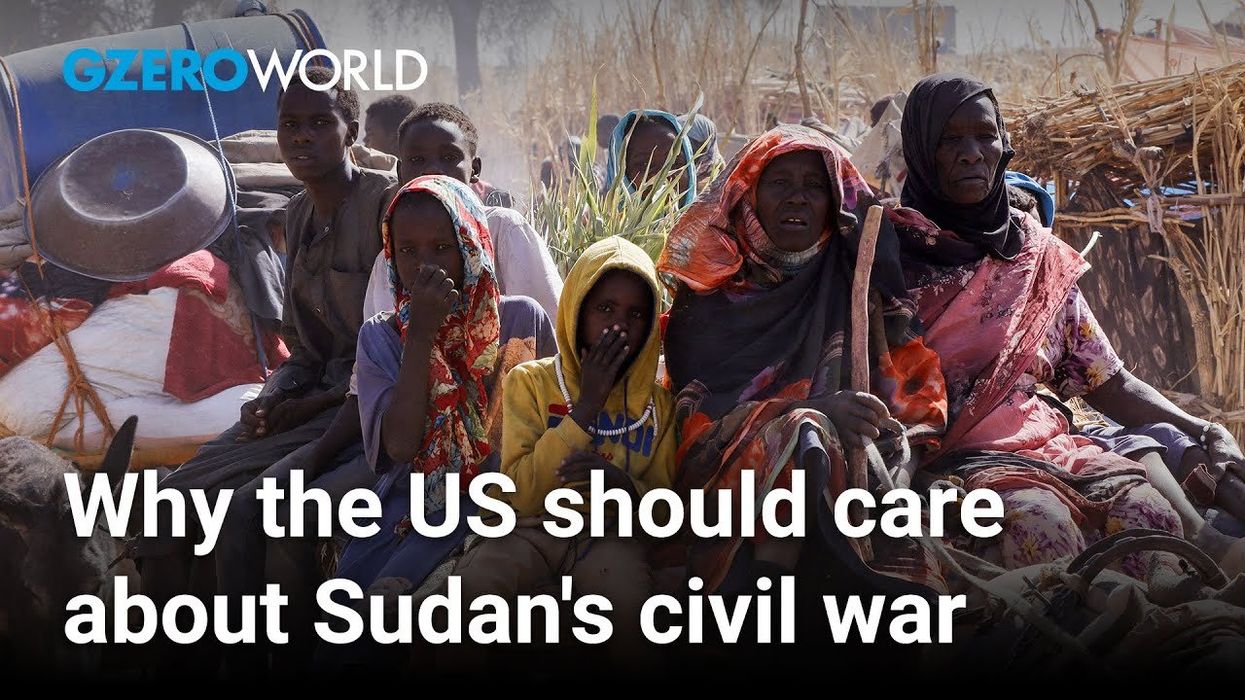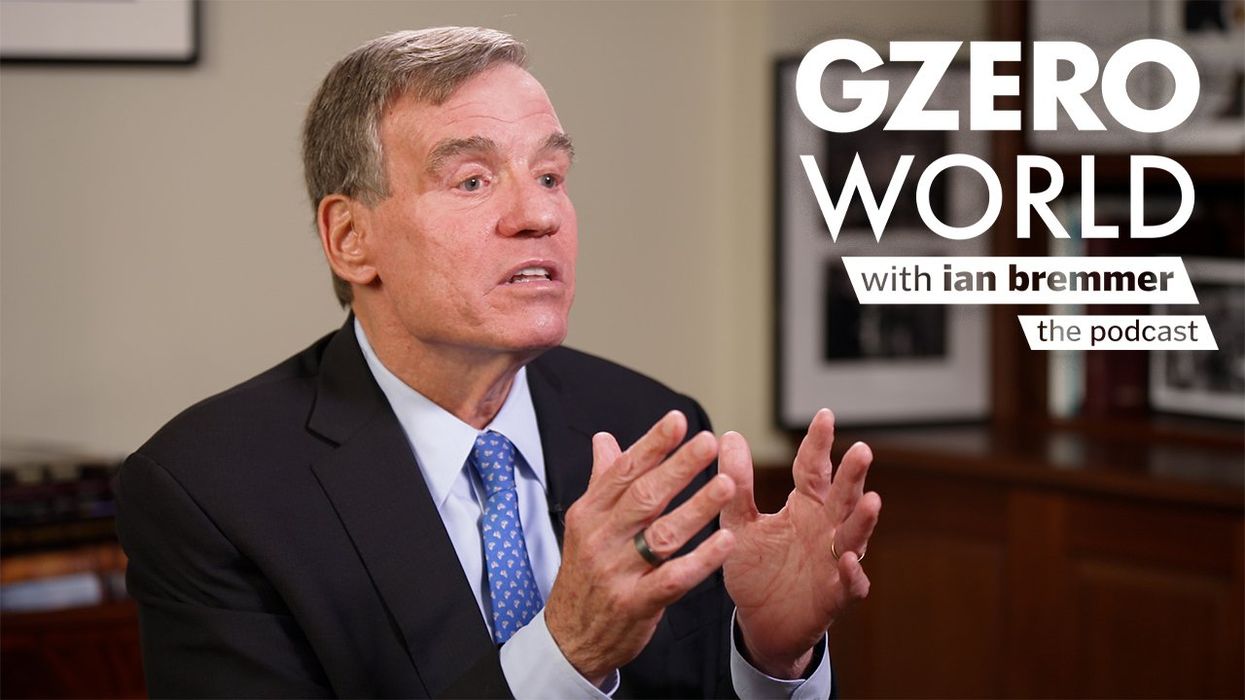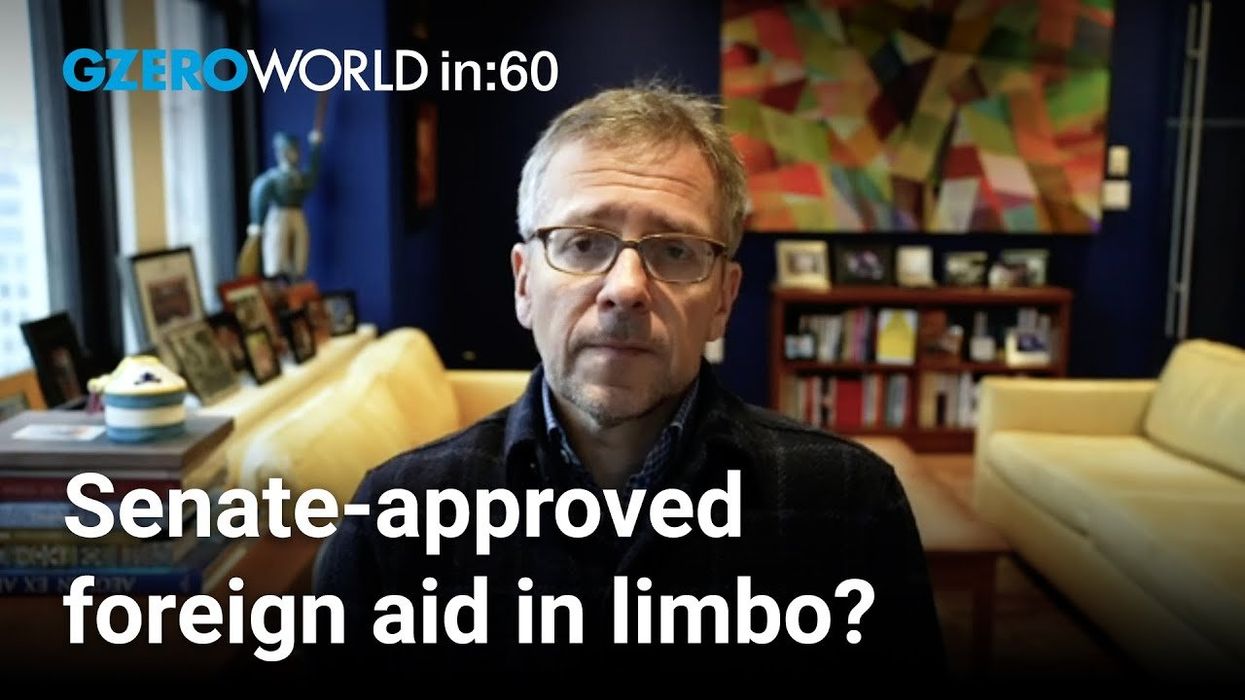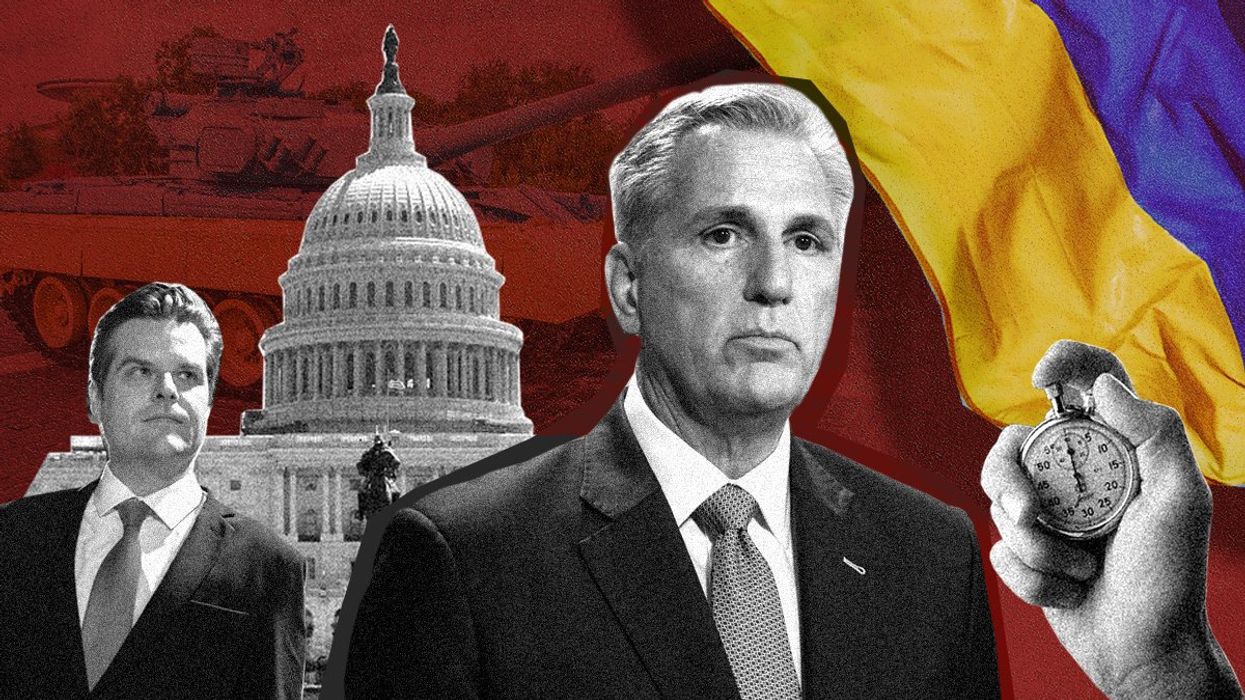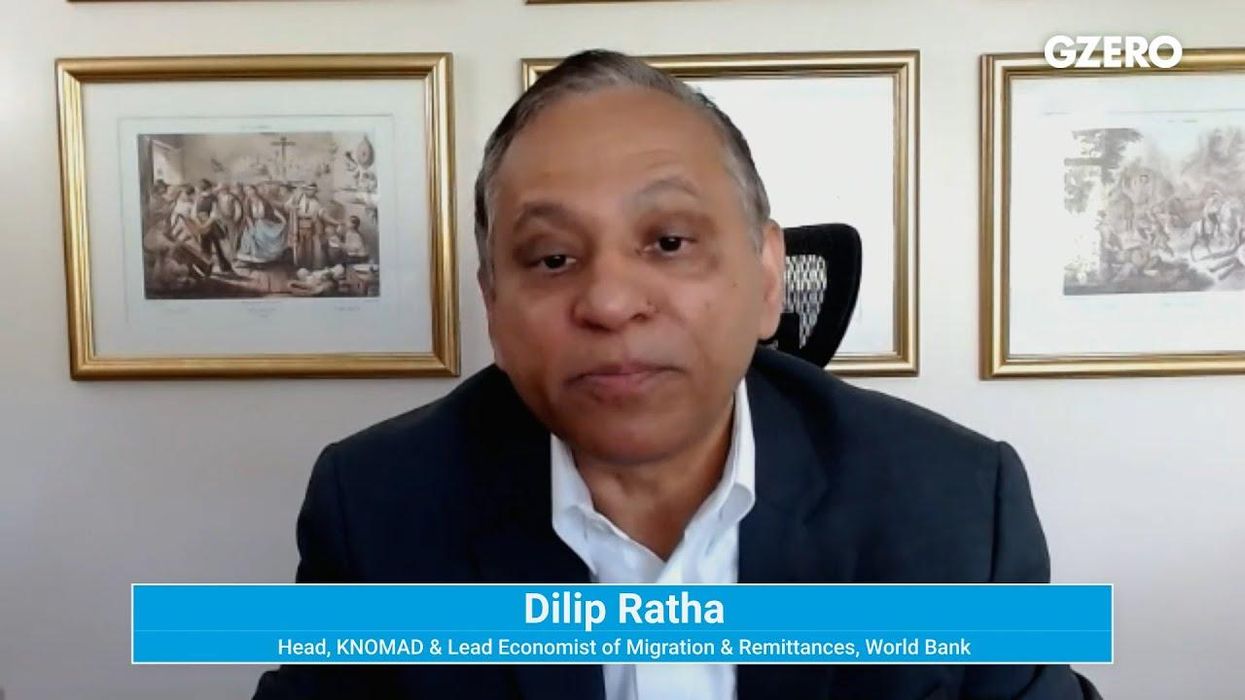GZERO World Clips
What (or who) will replace USAID?
America’s retreat from global aid is leaving a massive funding gap that no other country is stepping in to fill, leaving the world’s poorest to pay the price, warns IRC president & CEO David Miliband on GZERO World with Ian Bremmer.
Aug 25, 2025
